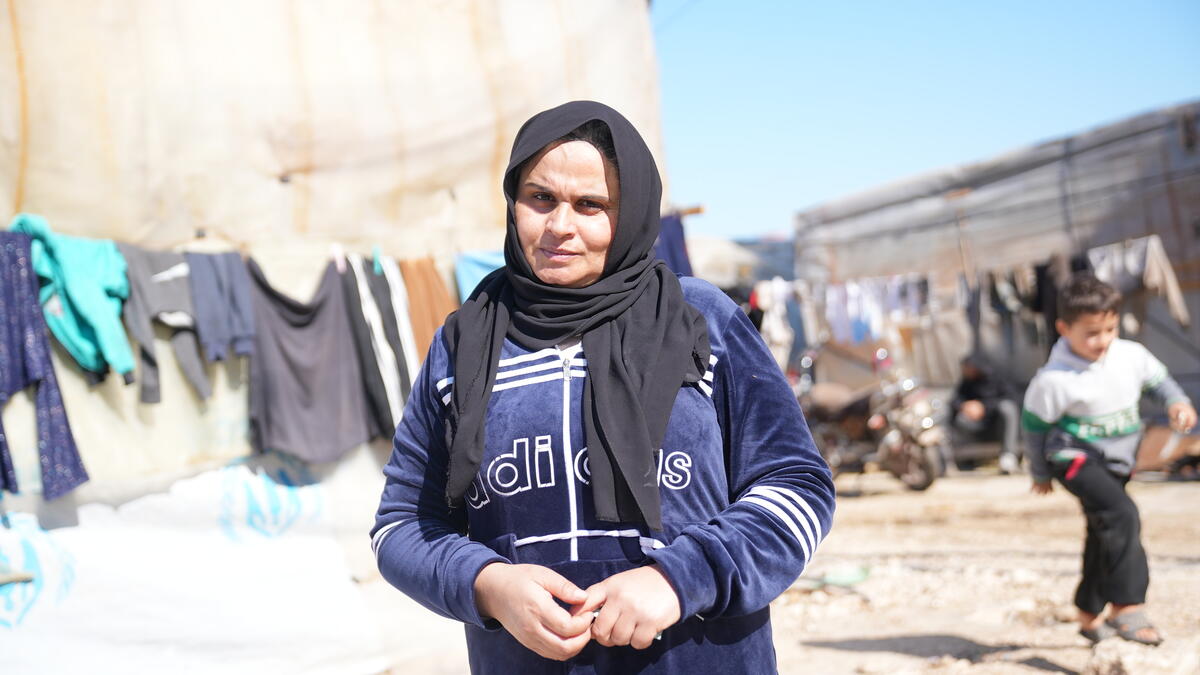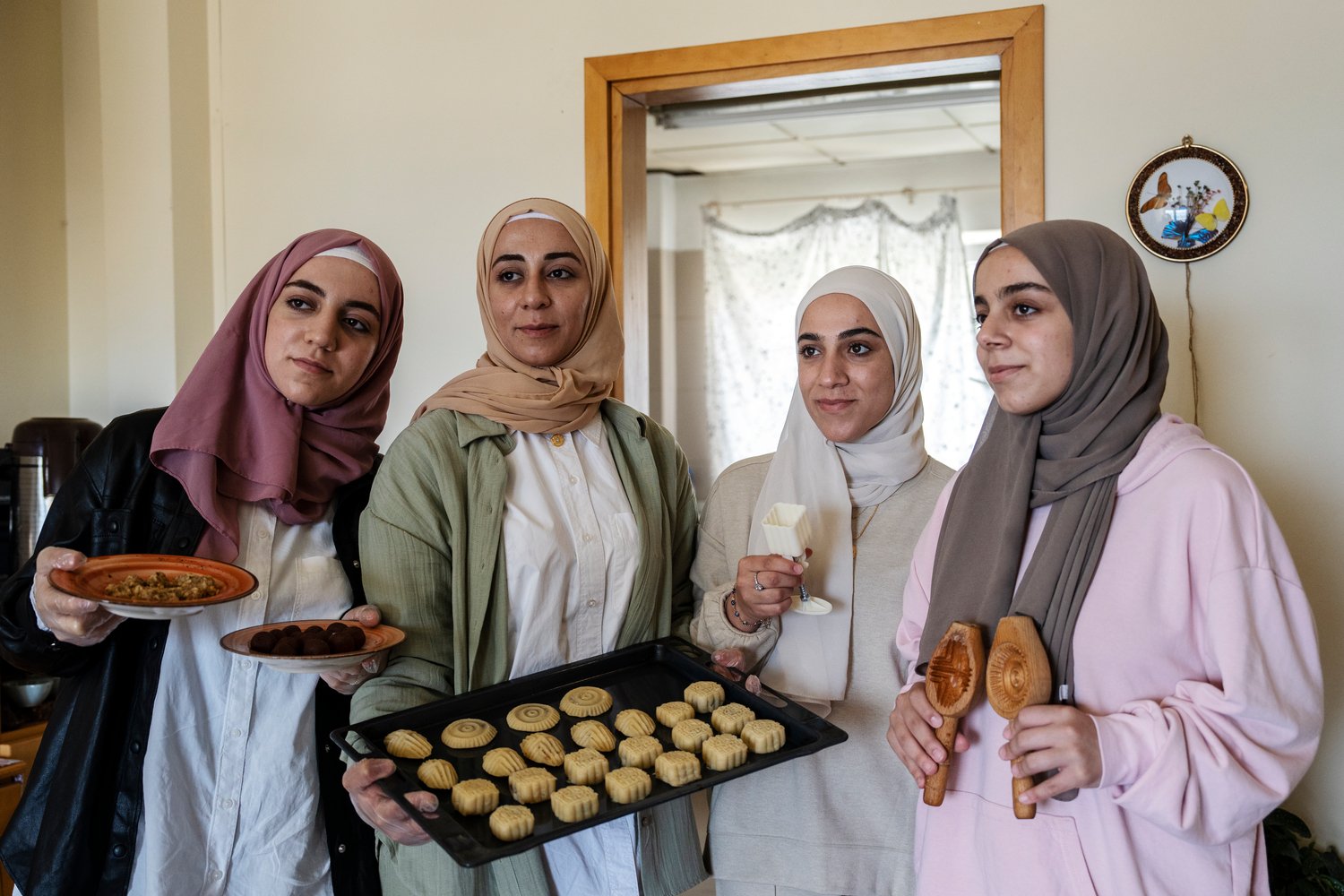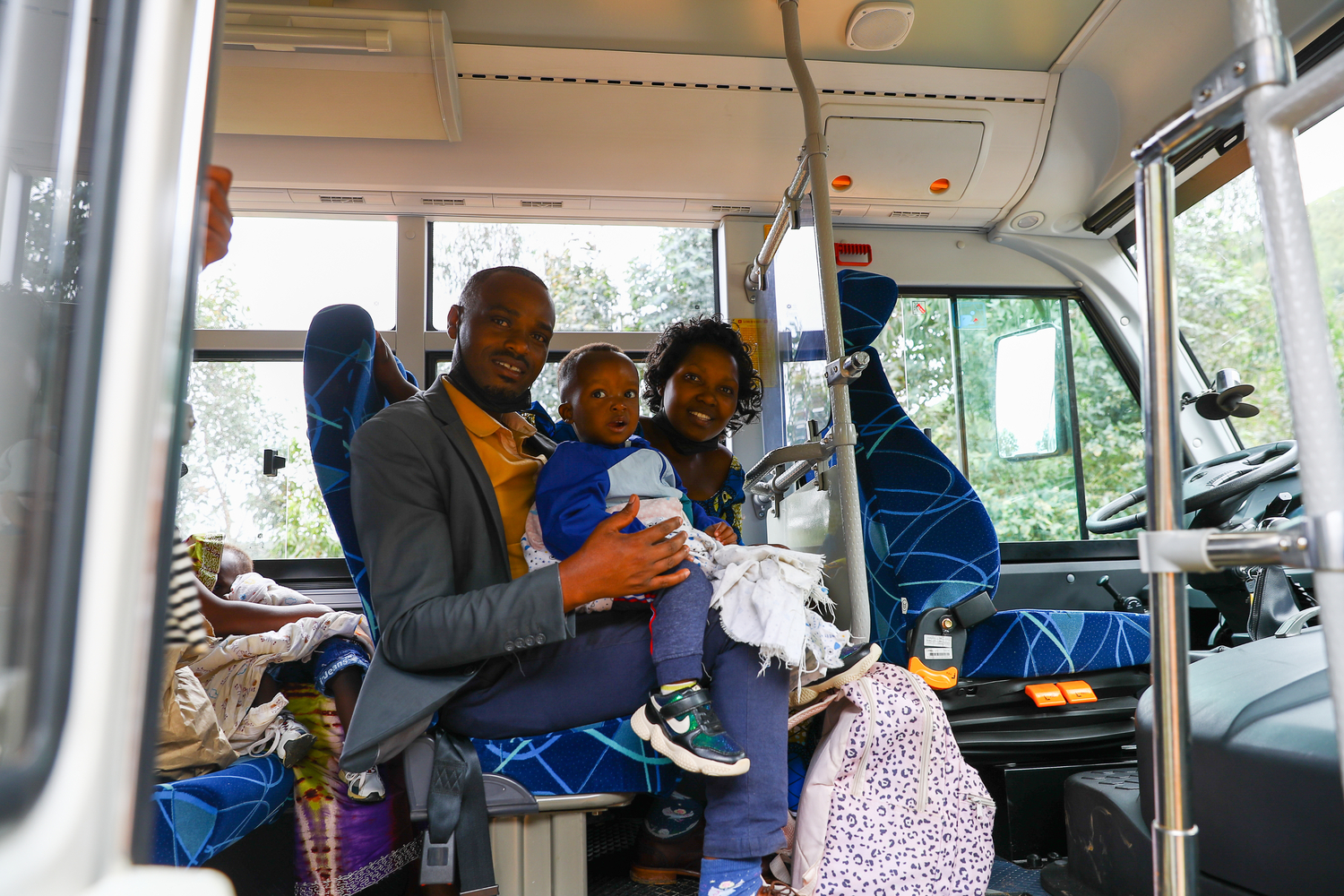Thousands of refugees arrive in Kurdistan region of Iraq
Thousands of refugees arrive in Kurdistan region of Iraq
On Sunday afternoon the Syrian-Iraqi border at Peshkhabour opened and 2,519 Syrians crossed by barge. Border crossing points between the Kurdistan region of Iraq and Syria had been closed since mid-September in the wake of an exodus of some 60,000 Syrians. Aid workers and local authorities worked overnight Sunday to process the group.
The arrivals from Syria must use small barges which carry about 10-30 persons and take about 20 minutes to cross from Simelka, on Syria side of the river. The pontoon bridge is not in use at present and is moored on the Syrian side of the river.
Most appear to be intent on returning to Syria. On Monday, UNHCR staff witnessed some 350 of the new arrivals load barges and go back to Syria with generators, kerosene heaters and other supplies.
Authorities in the Kurdistan region of Iraq have told UNHCR that they have adopted a flexible approach and those Syrians who say they do not want to stay as refugees can visit for up to seven days or approach the local authorities to legalise their stay.
Some 400 persons who requested UNHCR's support as refugees and were taken to Gawilan refugee camp on Monday on buses chartered by the International Organisation for Migration. Gawilan camp is located between Erbil and Dohuk and has some 3,000 residents.
While there were no arrivals via the Peshkhabour crossing yesterday, by this morning several thousand Syrians had gathered at the opposite side but so far no one has crossed.
At present there are 13 refugee Syrian camps or transit sites located in the Kurdistan region of Iraq and Al Obeidy camp in western Anbar Province. Iraq hosts 210,000 registered Syrian refugees.
Meanwhile, insecurity is creating new internal displacement in central Iraq. UNHCR is working with UN partners and the government to try to assess the needs of displaced persons from the recent upsurge in violence in Fallujah and Ramadi.
Several villages in central Anbar governorate have welcomed displaced persons. UN agencies and NGO partners are working to collect information and try to get access to the IDPs. UNHCR is ready to provide core relief items like blankets, plastic tarpaulins, kitchen sets, sleeping mats, hygienic supplies and other items to complement the support other agencies may provide.
This new displacement adds to the over 1.13 million internally displaced people inside Iraq that fled their homes amidst the 2006-2008 sectarian violence mostly residing in Baghdad, Diyala and Ninewa governorates.
For more information on this topic, please contact:
- In Amman, Peter Kessler on +962 79 631 7901
- In Geneva, Dan McNorton on +41 79 217 3011








